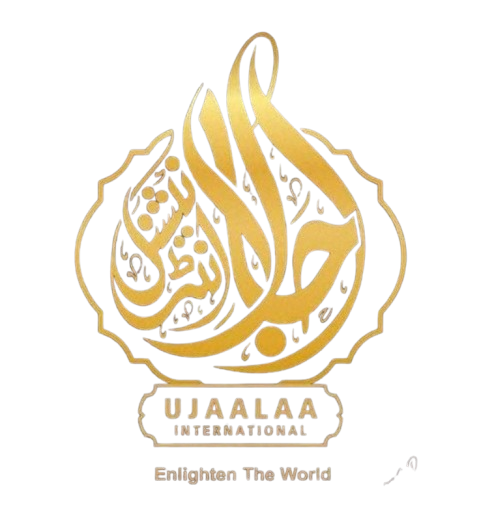In Islam, both Zakat and Sadaqah are forms of charitable giving, but they differ in their purpose, obligation, and the way they are practiced. Understanding these differences can help Muslims better fulfill their responsibilities toward the less fortunate and contribute to a more equitable society.
What is Zakat?
Zakat is one of the Five Pillars of Islam, making it an obligatory act of charity for eligible Muslims. It is a fixed percentage (usually 2.5%) of a Muslim’s wealth and savings that must be given to those in need annually. The wealth subject to Zakat includes money, gold, silver, stocks, and other assets, and the payment is due once a year, provided that the individual’s wealth exceeds the minimum threshold (Nisab).
Zakat is not only a means of helping those in poverty but also purifies the wealth of the giver. It is a form of worship and a reflection of the concept of wealth being a trust from Allah, meant to be used for the benefit of the community.
What is Sadaqah?
Sadaqah, on the other hand, is voluntary charity. It can be given at any time, in any amount, and for any cause. Sadaqah is not obligatory, and there is no fixed amount or percentage that one must give. Muslims are encouraged to give Sadaqah as an expression of goodwill, compassion, and generosity. It can be offered in many forms, from money and material goods to acts of kindness or volunteering.
The concept of Sadaqah is broad and encompasses any form of charity that benefits others, including small deeds like smiling at someone, helping a neighbor, or removing harmful objects from the road. The importance of Sadaqah lies in its flexibility and the sincere intention behind the act, making it accessible to all Muslims regardless of their financial status.
Key Differences Between Zakat and Sadaqah
- Obligation:
- Zakat: It is obligatory for eligible Muslims and must be paid annually once a person’s wealth exceeds the Nisab threshold.
- Sadaqah: It is voluntary and can be given at any time and in any amount.
- Fixed Amount:
- Zakat: A specific percentage (2.5%) of wealth is required to be given.
- Sadaqah: There is no set amount or percentage; it can be as little or as much as one wishes.
- Eligibility:
- Zakat: It is required from those who have reached a certain level of wealth, based on the Nisab.
- Sadaqah: Anyone can give Sadaqah, regardless of their financial situation.
- Purpose:
- Zakat: Its primary purpose is to purify wealth and provide financial assistance to the needy, supporting the welfare of the community.
- Sadaqah: It serves to express kindness, goodwill, and empathy, and its scope is broader, ranging from financial assistance to acts of service.
The Significance of Zakat in Islam
Zakat holds immense significance in Islam. It is not only a means of alleviating poverty but also serves as a tool for social justice and economic balance. Zakat strengthens the ties between the rich and the poor, promoting a sense of responsibility and community solidarity. It purifies the wealth of the giver, reminding them that their wealth is a blessing from Allah and should be shared with those in need.
Furthermore, Zakat plays a crucial role in redistributing wealth in society, ensuring that the less fortunate have access to basic needs such as food, shelter, and education. It promotes fairness and helps to reduce the wealth gap, creating a more just and compassionate society.
The Significance of Sadaqah in Islam
Sadaqah is equally significant as it fosters a sense of generosity and empathy among Muslims. It encourages giving for the sake of Allah and brings spiritual rewards, purifying the heart of the giver and increasing their closeness to Allah. Unlike Zakat, Sadaqah has no restrictions, making it more flexible and accessible to all. It is a way for Muslims to continuously accumulate rewards through acts of kindness and charity.
Sadaqah also strengthens community bonds, as it encourages people to help one another in various ways. Whether through material support, volunteering, or small acts of kindness, Sadaqah promotes compassion and unity among Muslims and society at large.
Conclusion
While Zakat is an obligatory and fixed form of charity that purifies wealth and supports the underprivileged, Sadaqah is voluntary and can be given in any form. Both are integral to the concept of charity in Islam and serve different but complementary roles in the welfare of the community. Zakat ensures financial balance, while Sadaqah encourages personal generosity and a spirit of kindness. Together, they contribute to a society built on empathy, social justice, and the well-being of all members.
At Ujala International, we are committed to ensuring that both Zakat and Sadaqah donations are used effectively to uplift underprivileged communities and make a meaningful difference in their lives.

